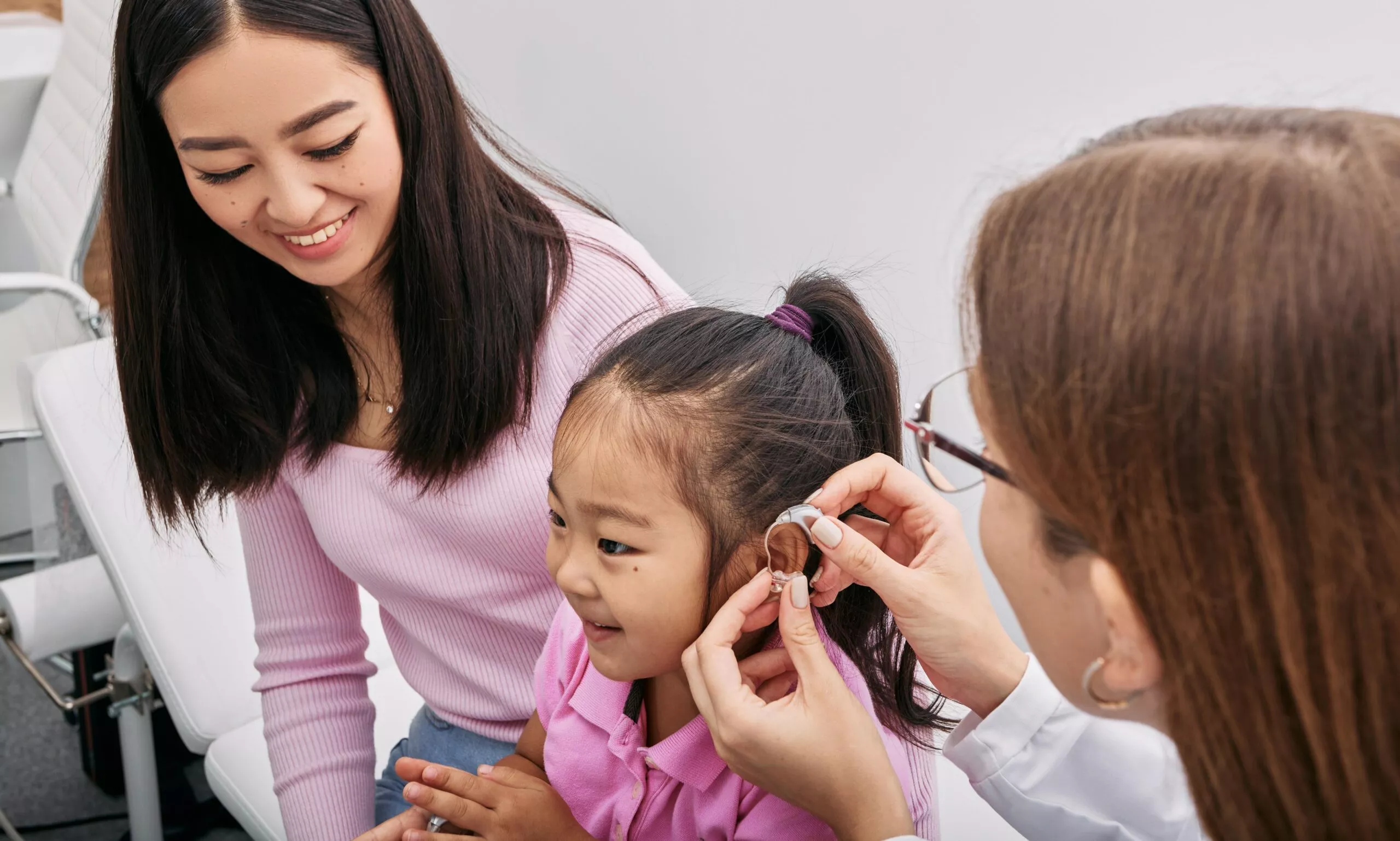The NIHR defines Public involvement in research as “research being carried out ‘with’ or ‘by’ members of the public rather than ‘to’, ‘about’ or ‘for’ them. This includes, for example, working with research funders to prioritise research, offering advice as members of a project steering group, commenting on and developing research materials and undertaking interviews with research participants.”
Research priority setting
Research priority setting is a collective activity to decide on the key research questions and knowledge gaps for a specialty or on a topic. There have been a number of research priority setting exercises relevant to Audiology.
The James Lind Alliance (JLA)

The NIHR developed the JLA initiative to bring patients, carers and clinicians together to create Priority Setting Partnerships (PSP) to identify and prioritise unanswered questions or evidence uncertainties that they agree are the most important. These PSPs highlight the issues that matter most and can be prioritised for research funding. The Top 10 priorities identified from the PSPs are published online and are updated periodically.
The James Lind Alliance | James Lind Alliance (nihr.ac.uk)
Examples relating to ENT and Audiology are:
- Coexisting dementia and hearing conditions James Lind Alliance (2023)
- Hyperacusis Top 10 | James Lind Alliance (nihr.ac.uk) (2018)
- Mild to Moderate Hearing Loss Top 10 | James Lind Alliance (nihr.ac.uk) (2015)
- Tinnitus Top 10 | James Lind Alliance (nihr.ac.uk) (2012)
- Ear, Nose and Throat (Aspects of Balance) Top 10 | James Lind Alliance (nihr.ac.uk) (2011)
GENERATE

A PSP on ENT, Hearing and Balance Care was carried out in 2014-2016, and the findings are presented: https://www.entuk.org/_userfiles/pages/files/groups/research_agenda_ent_hearing_and_balance_30_11_16.pdf
PPIE resources
Knowing where to start with getting patients or members of the public involved with research can be difficult, however there are a range of resources available to assist
NIHR

NIHR People in Research
A website with resources for involving members of the public in research:
NIHR Include
Resources to ensure research is inclusive to groups under-served in research.
NIHR grant guidance
The NIHR provide guidance and resources for applicants to NIHR research programmes including grants, although these can be useful as general guides for good practice relating to PPIE.
PPIE Planner

A helpful PPIE resource hub was developed by Imperial College London. This tool supports researchers to better plan their PPIE activities at all stages of the research process, and enables the measurement of impact.
Setting up and running an Audiology PPIE group

It can be difficult to know how to put the learning and actions into practice and know where to start when first developing a PPIE group. This publication can provide some insight and useful information for where to begin.
PPIE Groups related to Audiology

There are a number of recognised PPIE groups, such as the 1,000 Elders (Birmingham and Stirling), Deaf Experts by Experience Group (DEEG), or Patient Advice, iNformation and Discussion Audiology (PANDA).
You can advertise for members of the public to be involved through the NIHR website: https://www.peopleinresearch.org/
